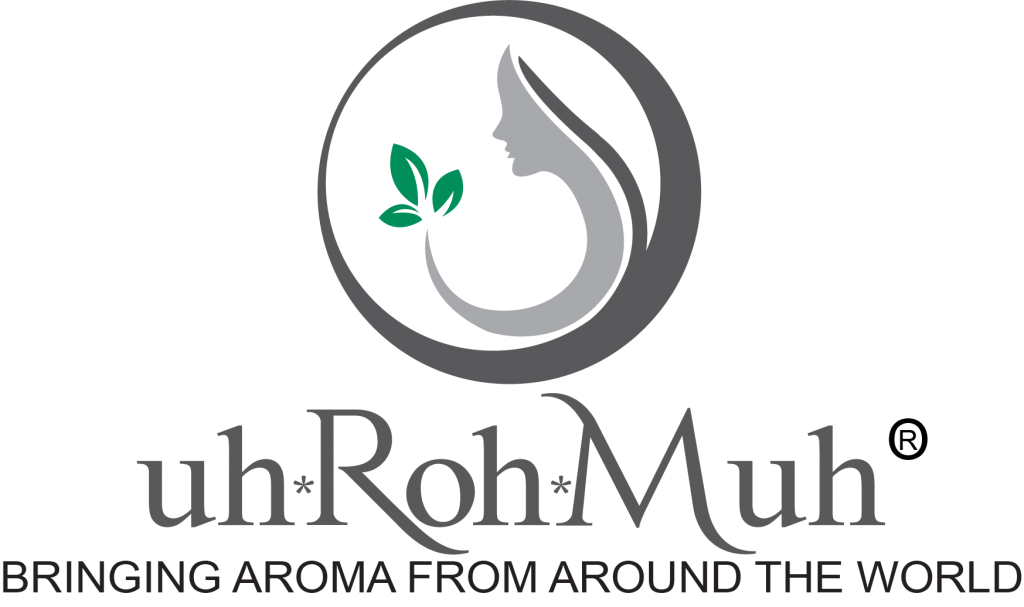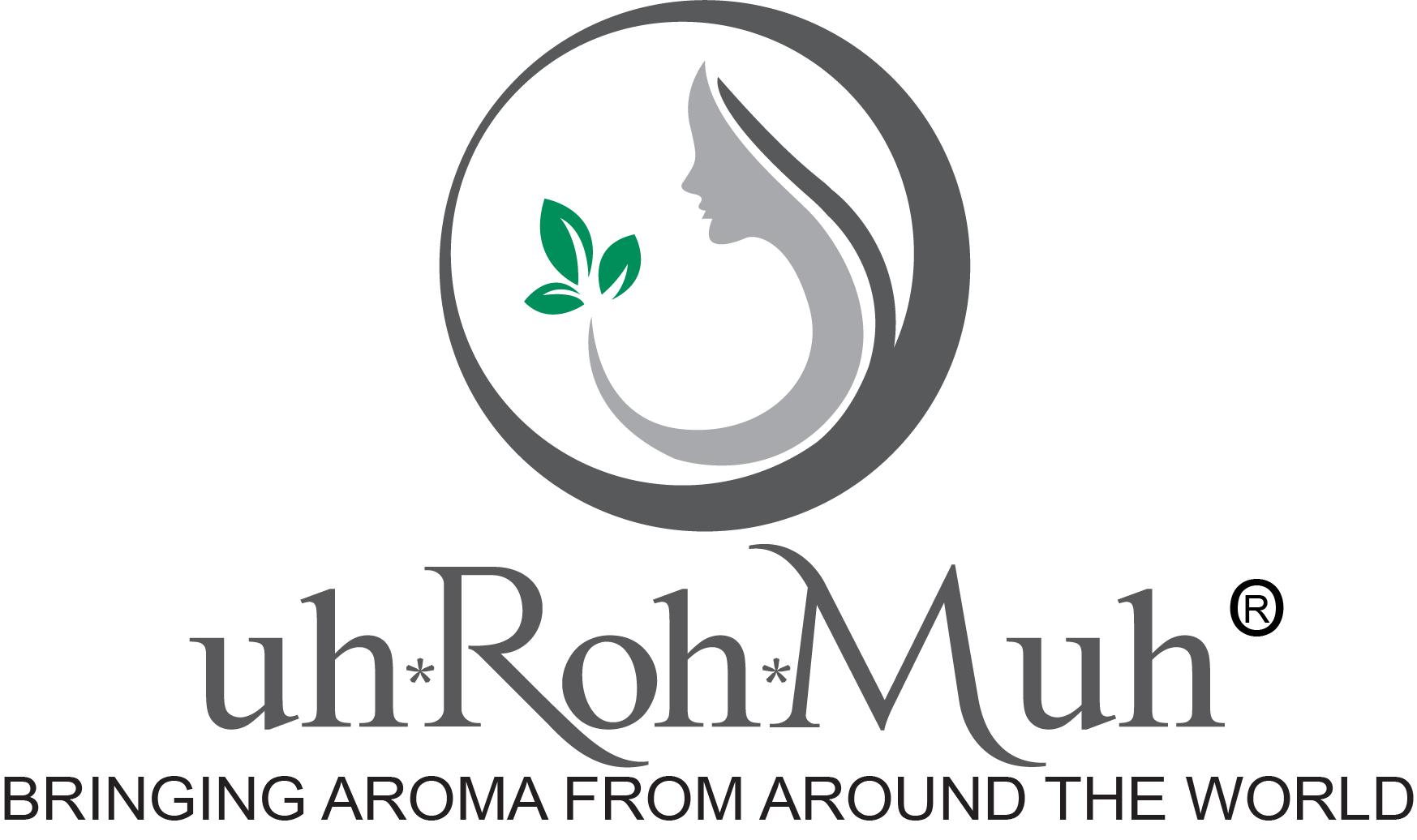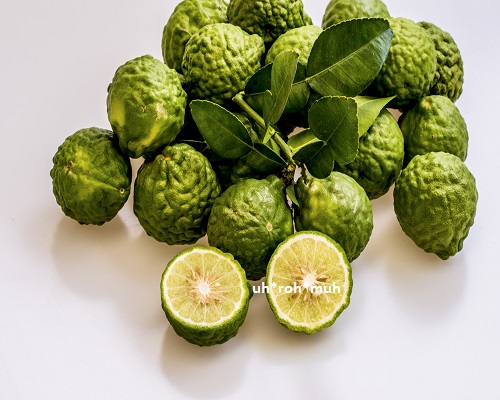Bergamot Essential Oil
Bergamot essential oil is cold-pressed from the outer rind of a citrus fruit that is indigenous to the Canary Islands. Currently, most of the bergamot for essential oil production is grown in Italy, in areas around Calabria and Sicily. It is thought to be a cross of some type of orange; its pear-shaped fruits are characterized by a green, lumpy rind, and is harvested between December and February. Not to be confused with bergamot pears, or red bergamot, which is an herbaceous perennial responsible for bee balm, and Oswego tea. It takes approximately 1,000 peels to produce 30 ounces of essential oil, which results in a clear, yellow-green liquid with a spicy, subtle, sweet, slightly floral, lemony scent with a medium-strength top fragrance note. The primary chemical constituent in bergamot essential oil is linalyl acetate, geraniol, myrcene, nerol, neryl acetate, a-terpineol, and geraniol acetate, with linalool, d-limonene, and bergamotine, and bergaptene in lesser concentrations. These latter substances, classified as furocoumarines, are often found in proprietary suntan lotions, as they stimulate melanin production in the skin which in turn encourages over-pigmentation. This can be dangerous, however, as this action can increase the risk of melanoma and other skin cancers.
Bergamot essential oil in history
Though the tree’s origins are thought to be in Asia, some say it comes from Greece. The argument continues as to its parentage, with some factions claiming it to be a cross between orange and lime, and some saying orange x grapefruit. About 80% of the world’s bergamot is grown in Italy, but it can also be found in Morocco, Turkey and the Ivory Coast of South Africa. It takes its name from the Italian city Bergamo, which is where the essential oil was first produced. It is rumored that Christopher Columbus first brought it to Spain and Italy, where it was used primarily in teas and perfumery. The Italians have used it in folk medicine since the 1500’s for treating fevers, and as an antiseptic, and in the Haitian Voodoo tradition it is used to ward off evil and protect from danger. It is possibly best known as the distinctive flavor of Earl Grey tea, but it is also a flavor component of Turkish delight, marmalade and chewing tobacco. Interestingly, the pulp of the fruit is virtually inedible due to its intense bitterness, so what ends up being used as a flavor extract comes exclusively from the juice and the peel.
Bergamot oil uses
Fever reduction: lowers body temperature, which can help to reduce a fever caused by influenza or viral infection.
Anti-fungal: inhibits the growth of various germs and fungal infections, and prevents such infections from taking hold.
Respiratory: soothes the breathing passages and helps you to breathe easier.
Congestion: eases sinus and chest congestion due to colds and seasonal/environmental allergies.
Expectorant: helps to loosen phlegm in the chest, encouraging a cough to become productive and rid the body of mucous.
Heals the skin: heals all kinds of cuts and minor skin abrasions, and helps to reduce healing time for herpes simplex, acne, psoriasis, and chicken pox.
Depression: combats depression by uplifting the mood and encouraging positive thoughts.
Hair loss: stimulates and strengthens the scalp and hair follicles, which can slow or prevent hair loss from alopecia.
Digestive: stimulates digestive enzyme production which helps the body break down food more quickly and efficiently. Also stimulates the digestive and excretory tract, promoting good bowel and colon health.
Relieves stress and tension: helps your body and mind to relax and release tension.
Disinfectant: powerful disinfectant action promotes fast healing, and kills bacteria that could lead to tetanus, staph infection or other forms of sepsis.
Pain relief: helps to reduce the feeling of pain in the body due to sprains, muscle aches or mild to severe headaches.
Helps you to relax: stimulates serotonin production in the body, which can help you to feel happier. Calms the nerves while reducing tension, and with it their unfortunate side-effects, which include sleeplessness, depression and hypertension.
Sedative: stimulates dopamine production, which causes a sedative effect in some people.
Anti-parasitic: kills intestinal worms and parasites.
Oral health: kills oral bacteria that are known to cause tooth decay, infection, and gingivitis.
Whole-body tonic: known to tone up the internal systems, including the respiratory tract, the CNS, digestive tract, and the circulatory system.
Contraindications
Bergamot essential oil can be highly phototoxic if not heat-treated to remove the furocoumarines. Great care should be taken to avoid unprotected sun exposure following a topical application, as it can cause severe blistering, burning and at the very least, irritation to the skin. Wait at least 24-48 hours before exposing treated areas to direct sunlight. One of its ingredients, bergaptene, becomes toxic when exposed to sunlight, so care must be taken to store bergamot essential oil in a cool, dark place that is protected from light. If you notice the color of your oil darkening, discontinue use and discard immediately. Ingesting too much bergamot, even in tea, can block potassium absorption in the body, so it is best to enjoy in small amounts. Keep out of reach of children, and do not use internally unless under the direct guidance of a qualified practitioner who is trained in aromatherapy. If you are pregnant or nursing, consult your physician before use. Keep away from the eyes and mucous membranes, and always heed recommended dilution factors until you know your tolerance.
Disclaimer
These statements have not been evaluated by the Food and Drug Administration. This product is not intended to diagnose, treat, cure or prevent any disease. If you are pregnant, nursing, taking medication, or have a medical condition, consult your physician before using this product.




You must be logged in to post a comment.